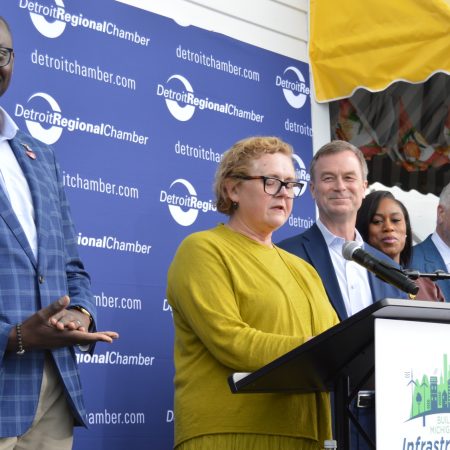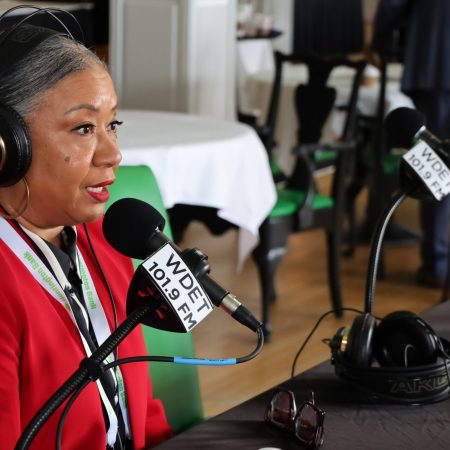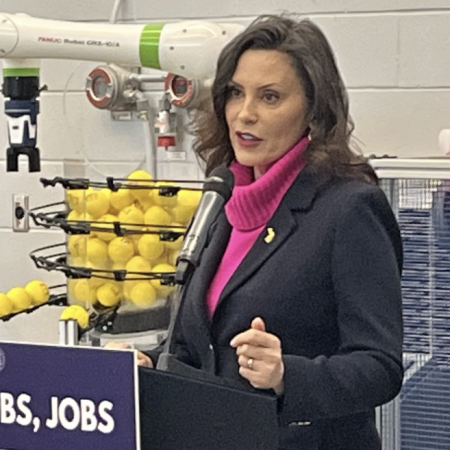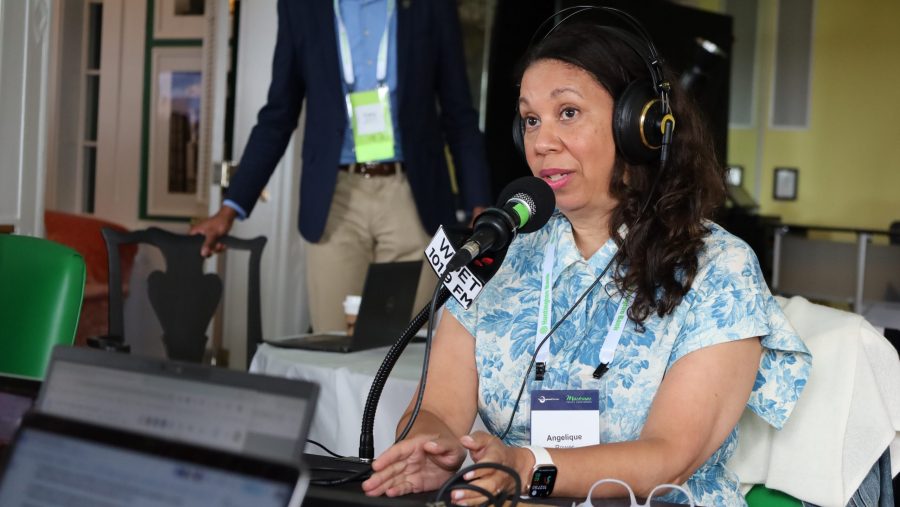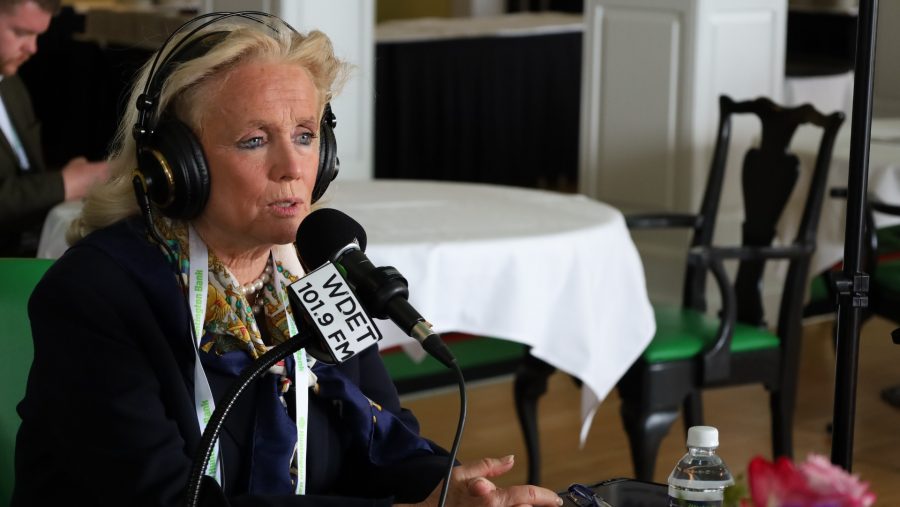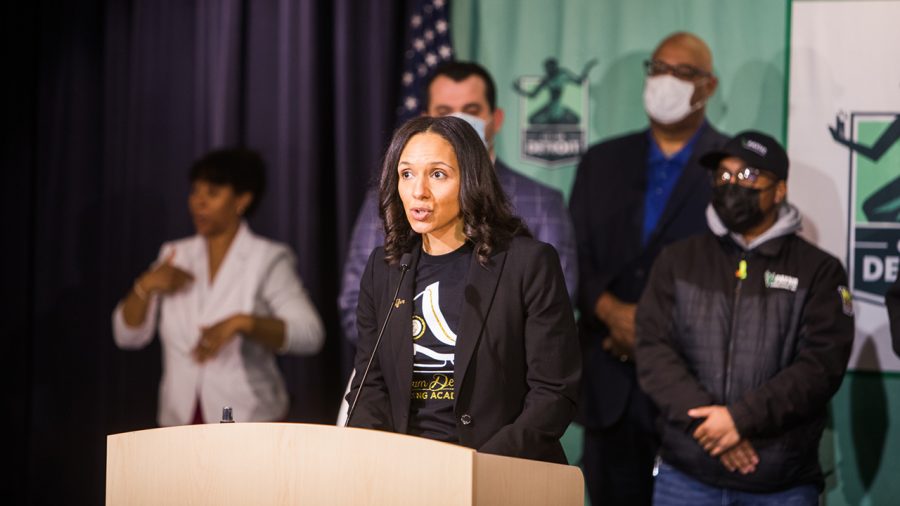A new survey by the University of Michigan finds confidence in the U.S. economy is steadily eroding.
Researchers say the widely-watched Consumer Sentiment Index has shown a sharp decline throughout this year.
The director of the survey, Joanne Hsu, told WDET those responding have a somber view of the nation’s financial future.
The following interview has been edited for clarity and length.
Joanne Hsu: One of the huge factors that we’re hearing from consumers is that they’re worried about the impact of trade policy on the economy. This month we had over 2/3 of consumers telling us spontaneously about the impact of tariffs. And largely speaking, these concerns are not positive. People who mentioned tariffs are really worried about inflation coming back. They’re worried that unemployment is going to get worse. It’s not just about tariffs being high. After all, we did capture a few days of interviews after the pause on China tariffs. They’re really worried about uncertainty, unpredictability and instability with policy. They know it makes it really hard for businesses to plan and for consumers to plan as well.
Quinn Klinefelter, WDET News: I understand that this is the lowest that you have seen the Consumer Index be in three years?
JH: That is correct. We are near historic lows. Consumers are really feeling quite negative about the economy across multiple dimensions, their personal finances, buying conditions for big-ticket items, business conditions and labor markets. It’s very loud and clear across demographics and across aspects of the economy.
QK: If it’s been going down for a number of years then that would include the previous occupants of the White House. Have you noticed a difference among consumers since the Trump administration took over from the Biden administration?
JH: The sentiment did rise right after the election. There was a temporary post-election bump. But in December, as Trump started talking more about his planned tariff policy, that’s really when sentiment started to take a turn for the worse. And when we look at the impact from the major policy announcements that happened, tariffs on our North American neighbors, reciprocal global tariffs, after each of these consumer sentiment worsened. Again, the major reason for this is people are concerned that inflation is going to come roaring back. And inflation has been the number one thing on people’s minds for several years now. In 2022, when we hit the all-time historic low, inflation was raging. Consumers have been telling us loud and clear since then that they’re really worried about the cost of living.
QK: Is there any positives you can take from what you’re seeing in the index?
JH: I’d say the positive thing is that it hasn’t gotten that much worse from last month. We had three consecutive months of very, very steep decline. So the fact that it didn’t tank further this month, I think, should be welcome news. The other thing is that consumers are bracing for the impact of tariffs, but they don’t actually believe that inflation has already gotten out of control. They recognize that inflation slowed over the last couple of years. Of course, they remain frustrated by high prices.
We had historically low sentiment in 2022 but consumers were still willing to spend despite that lack of confidence. One of the big differences between then and now are consumer views of labor markets and their incomes. After the pandemic labor markets were very, very strong. Consumers’ incomes were very reliable. So in spite of the fact that they felt terrible about the economy they were willing to spend because they had the income to support it. Today, it’s different. Consumers are starting to tell us that their incomes are getting weaker. The expected probability of job loss has gone up. We have 2/3 of consumers expecting unemployment to worsen in the year ahead. That labor market confidence we saw three years ago just isn’t here anymore, which does not bode well for consumer spending going forward.
Editor’s note: This interview was re-aired on The Metro on Tuesday, May 20, 2025. Listen to the Metro segment below.
More stories from The Metro on Tuesday, May 20, 2025:





